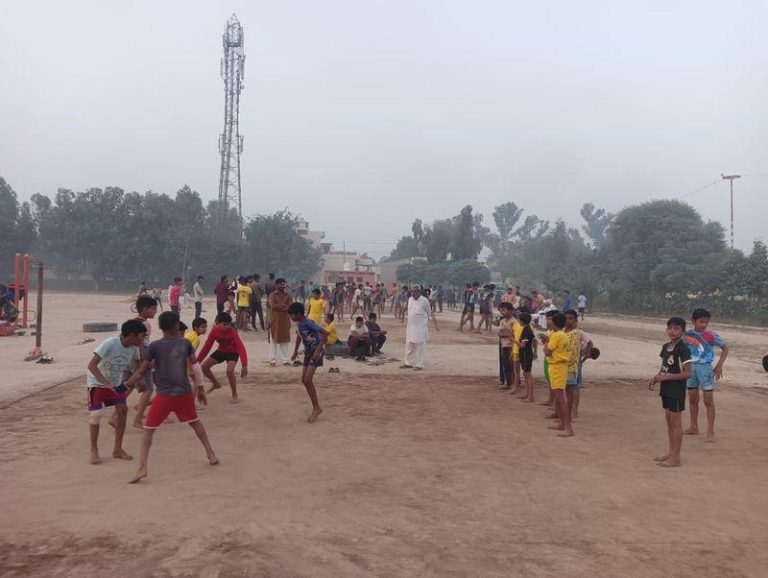
Himachal Cops Strike a New Chord with Sound Healing Therapy
In a unique and innovative approach to combat stress and promote mental well-being, the Himachal Pradesh Police Training College in Daroh, Kangra, has introduced sound healing therapy for its trainees. This breakthrough initiative aims to alleviate chronic stress, emotional fatigue, and psychological burnout among the 246 Assistant Sub-Inspectors (ASIs) undergoing promotion training to the rank of Sub-Inspectors. Under the guidance of Director General of Police (DIG) Soumya Sambasivan, this pioneering endeavour seeks to revolutionize the way law enforcement officials approach mental health.
Sound healing therapy, also known as sound medicine, is a holistic approach that harnesses the power of sound waves to promote relaxation, reduce stress, and enhance overall well-being. This non-invasive and non-pharmacological treatment has been gaining popularity worldwide for its therapeutic benefits. The Himachal cops’ adoption of this innovative technique is a testament to the organization’s commitment to prioritizing the mental health and well-being of its personnel.
The sound healing therapy sessions, conducted by certified practitioners, involve the use of various sound-emitting instruments, including singing bowls, tuning forks, and gongs. These instruments produce specific frequencies that resonate with the body, calming the mind and promoting a sense of relaxation. The sessions are designed to help the trainees release tension, reduce anxiety, and improve their focus and concentration.
The introduction of sound healing therapy is a deliberate attempt to address the growing concerns about the mental health of law enforcement personnel. Chronic stress, emotional fatigue, and psychological burnout are prevalent among police officers, who often face traumatic and high-pressure situations. The Himachal cops’ initiative acknowledges the importance of addressing these issues proactively, recognizing that mental well-being is crucial for effective policing.
In recent years, there has been a growing recognition of the importance of mental health in the law enforcement community. Many police forces around the world have begun to prioritize mental health and well-being, recognizing that it is essential for the well-being of officers and the effective delivery of their duties. The Himachal cops’ introduction of sound healing therapy is a significant step in this direction, demonstrating a commitment to the holistic care and well-being of its personnel.
The benefits of sound healing therapy extend beyond the individual, as it can also have a positive impact on the organization as a whole. By promoting a culture of mental wellness, the Himachal cops can improve morale, reduce absenteeism, and enhance overall job satisfaction. This, in turn, can lead to improved performance, better decision-making, and more effective policing.
The success of the sound healing therapy program will depend on various factors, including the frequency and consistency of the sessions, the quality of the practitioners, and the willingness of the trainees to participate. However, the initial response has been overwhelmingly positive, with many trainees reporting a significant reduction in stress levels and an improvement in their overall well-being.
The Himachal cops’ innovative approach to mental health is a shining example of the importance of prioritizing the well-being of law enforcement personnel. As our society continues to grapple with the challenges of policing, it is essential that we recognize the critical role that mental health plays in the effective delivery of policing services. By investing in the mental well-being of our police officers, we can build a more resilient, effective, and compassionate police force.
In conclusion, the Himachal cops’ introduction of sound healing therapy is a pioneering initiative that demonstrates a commitment to the holistic care and well-being of its personnel. As we continue to navigate the complexities of policing, it is essential that we prioritize the mental health and well-being of our law enforcement officials. By doing so, we can build a more effective, efficient, and compassionate police force that is better equipped to serve our communities.






